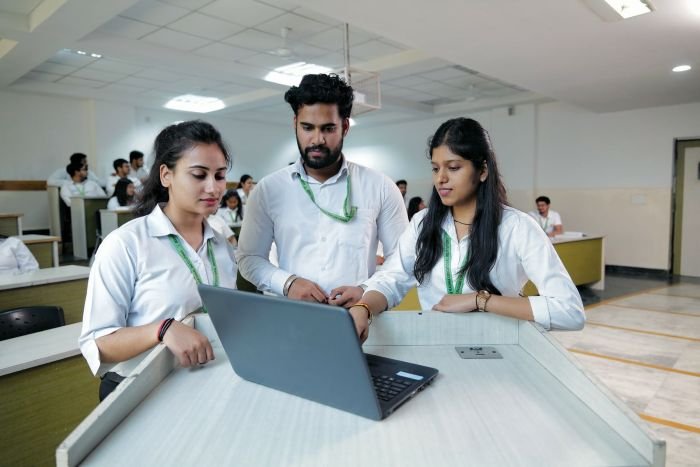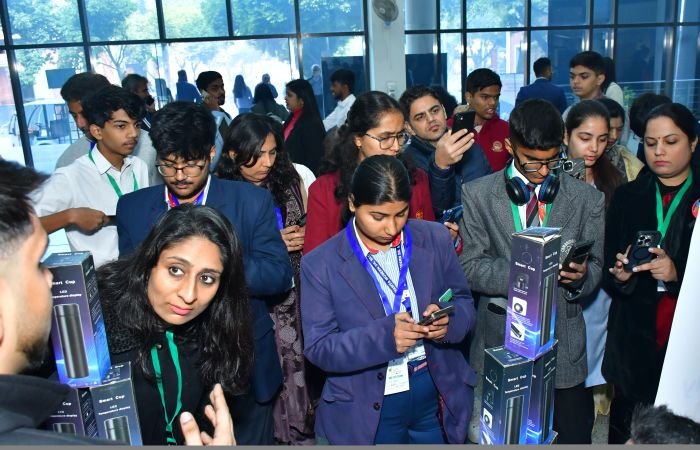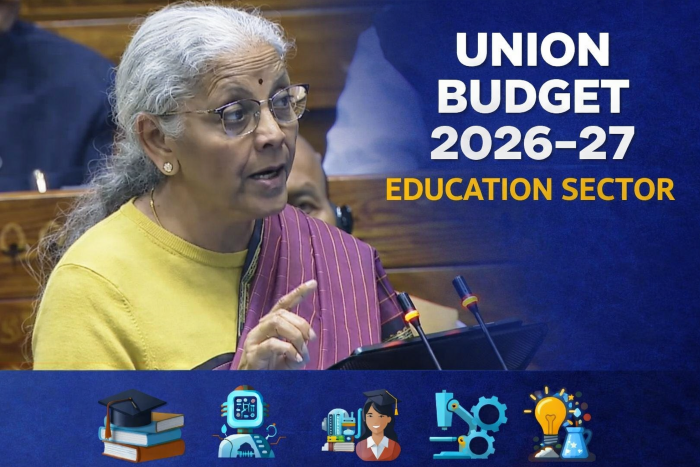
LinkedIn, the world’s largest professional network, will be investing $500,000 (INR3.88 crore) in a three-year, regional partnership with UN Women – the United Nations entity dedicated to gender equality – to advance women’s economic empowerment.
The project will launch a pilot in Maharashtra, India to cultivate the digital, soft and employability skills of 2,000 women and present them with a range of career-building opportunities through job fairs, mentoring sessions and peer-to-peer networks. The collaboration will digitally upskill women affording them greater access to jobs and equipping them to fully participate in the formal economy.
The partnership will be guided by the Women’s Empowerment Principles (WEPs), a set of effective, actionable principles that guide businesses on how to promote gender equality and women’s empowerment in the workplace, marketplace and community. UN Women and LinkedIn will leverage the LinkedIn platform and institutional expertise to convene partners to support women’s economic empowerment. Together, they will hold joint advocacy campaigns and events, as well as convene key partners from their respective networks to achieve broadly equal opportunities and outcomes for women and men at workplace. Additionally, UN Women will leverage its partnerships to offer young women with foot-in-the-door opportunities across industries, with a focus on operating the LinkedIn platform and building connections. After the 15-month pilot, UN Women and LinkedIn will incorporate lessons learned and evaluative feedback to improve the programmes where necessary and then scale it up to other Asia-Pacific countries with UN Women presence.
The programme undertakes a holistic approach to empowerment using the pathways of learning, employment and entrepreneurship.
- Implementation period: July 2022 – October 2023
- Locations: Mumbai, Greater Mumbai and Pune region of Maharashtra
- Beneficiaries: Women who have completed their higher education and are ready to gainfully participate in the digital economy
- Key pathways to success:
-
- Provide skills for increased employability and self-employment, focusing on digital skills
- Facilitate connection to industry and peers via e-platforms and industry visits
- Helping women lead, participate in, and benefit equally from governance systems, and live free from all forms of gender-based violence
- Ensure women have income security, decent work, and economic autonomy, and marginalised women, including young women, have access to, participate in and achieve quality learning, entrepreneurship and employment, and,
- All women and girls benefit from the implementation of a comprehensive and dynamic set of norms, policies and standards that promote gender equality and the empowerment of women and girls
It may be mentioned that a disproportionate number of women lack basic access to the Internet. Addressing gender-responsive technology policymaking in the Asia-Pacific region is crucial given in Asia, 54.6 per cent of men have access to the internet, compared to 41.3 per cent of women. This represents a 32 per cent gender gap. According to the International Telecommunications Union (ITU), between 2013 and 2017, the gender gap in Asia grew from 17 per cent to 24 per cent. Women and girls often do not have the same access to education, or type of education, as men and boys do, which sometimes leaves them with decreased digital skills, literacy, and consequentially less economic opportunities in an increasingly digital world. In fact, the disproportionate impact of COVID-19 has only widened this opportunity gap for women and girls in the past two years.
“As more businesses and professionals recognize the rewarding impact of gender-equal workplaces, we have the unique opportunity to help women become more employable and entrepreneurial in today’s digital era. We are delighted to partner with UN Women to jointly work towards improving female representation and professional diversity across the region’s workforce by investing in the upskilling and economic empowerment of women. By bringing women closer to the right skills and resources, we aspire to create a more equitable and all-inclusive talent landscape,” said Ashutosh Gupta, India Country Manager, LinkedIn.








